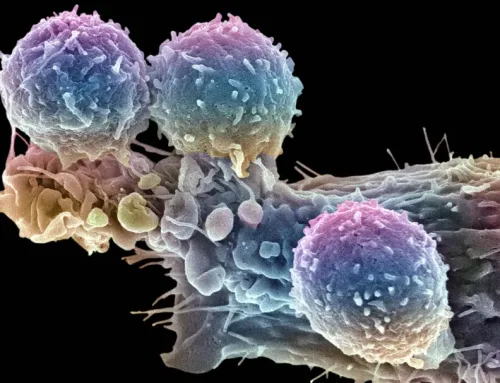Infant Rapid Genome Sequencing Yields More Diagnoses Than Targeted Gene Panels, Study Finds
NEW YORK – Early results from a national study in the US suggest that rapid whole-genome sequencing (WGS) outperforms targeted gene panel sequencing when it comes to diagnosing newborns and infants with suspected genetic conditions.
“The molecular diagnostic yield for genomic sequencing was higher than a targeted neonatal gene sequencing test, but the time to return of routine results was slower,” researchers reported in a paper appearing in the Journal of the American Medical Association on Tuesday, noting that between-lab variant interpretation capability “contributes to differences in molecular diagnostic yield and may have important consequences for clinical management.”
As part of the Genomic Medicine in Ill Infants and Newborns (GEMINI) study, the researchers identified pathogenic variants, likely pathogenic variants, or variants of uncertain significance (VUS) in more than half of the 400 infants under a year old who were tested by rapid WGS or targeted neonatal sequencing with a Newborn Dx test spanning more than 1,700 genes.












